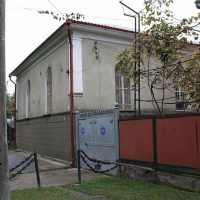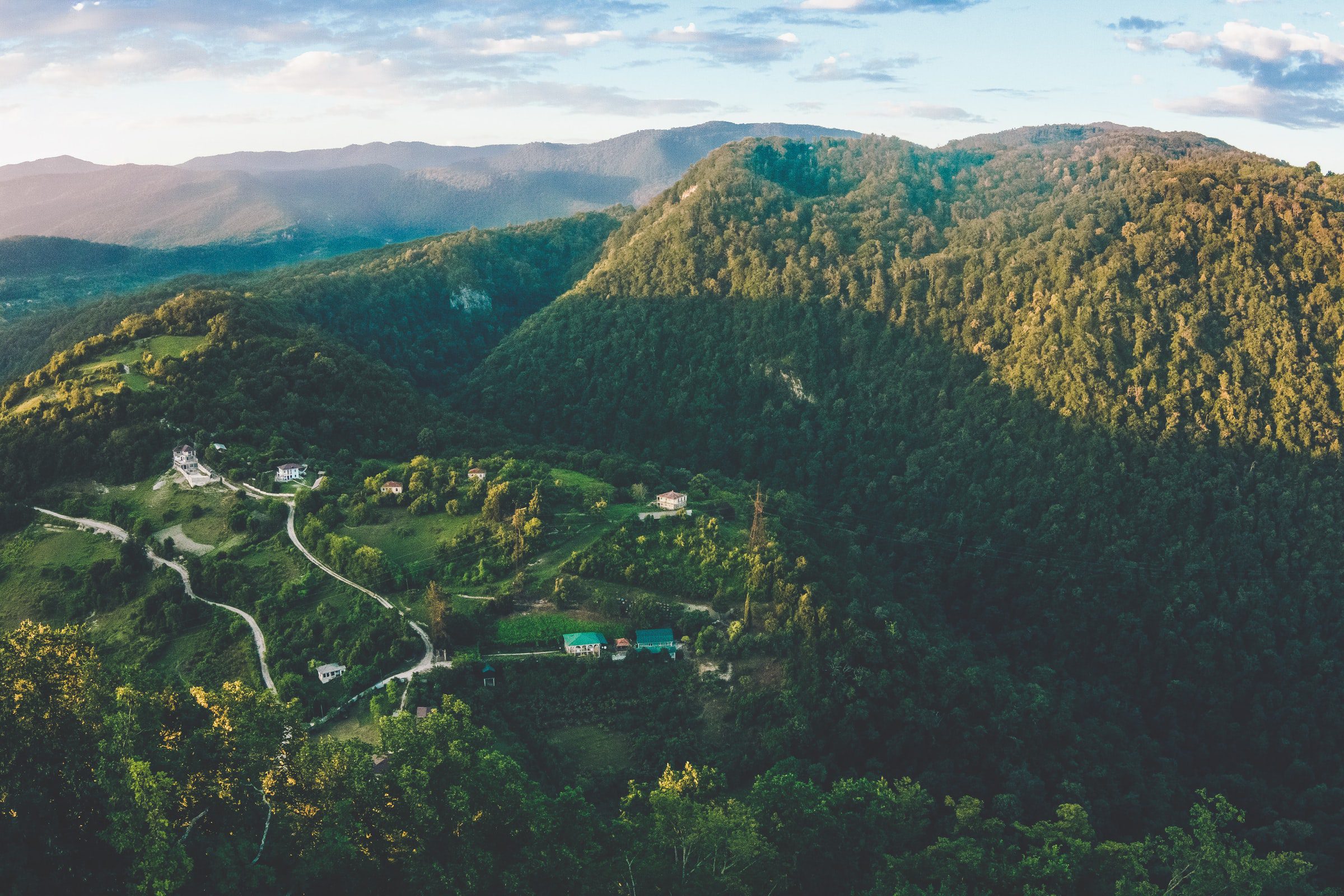Introduction
Abkhazia is located in the North-West of Georgia and has a status of an autonomous republic today. The history of the Jews in Abkhazia dates back to the early 19th century. The majority of Jews inhabiting the place were Ashkenazi and Georgian. Today, Georgians cannot visit Abkhazia; therefore, Georgian Jews cannot pray in Sokhumi Synagogue, which is the only one in this region.
The majority of Jews inhabiting the place were Ashkenazi and Georgian.
Most Jews either left or were evacuated from Abkhazia after the Georgian-Abkhazian conflict in 1992-1993. Sokhumi has always been the most inhabited city by Jews city in Abkhazia, even during Soviet times when the population of Jews increased greatly in the whole Abkhazia. In the 1980s, once the Soviet Union was disintegrating, ethnic tension started to grow, and the population of Jews in Abkhazia increased as well. This number did not drop even during Georgian-Abkhaz conflict in August, 1992. Jews, who wanted to flee the place were evacuated and moved to Israel; the ones who stayed were mainly Ashkenazi. As of 2009, there were 15 Jews in Abkhazia, most of which were Ashkenazi. Majority of Jews were elderly, their average age being 72 in 2004. Today Georgians cannot visit Abkhazia; therefore, Georgian Jews cannot pray in Sokhumi Synagogue, which is the only one in this region.
Abkhazia Synagogue

A synagogue in Abkhazia was built in the first decade of the 20th century. As of 2009, there were about 150 Jews in Abkhazia, nearly all of them Ashkenazi. The majority of them were elderly, with the average age being 72. The community maintains a synagogue in Sukhumi. The material which was used for the construction of the synagogue, both the interior and the exterior are decorated with paintings.
Explore the cities on this route



